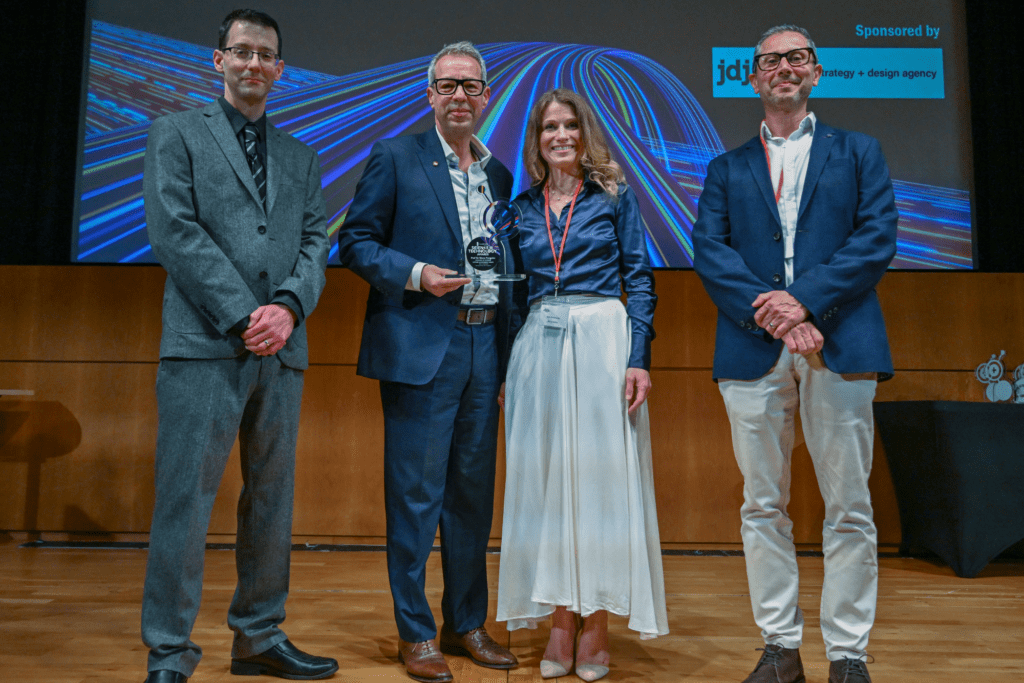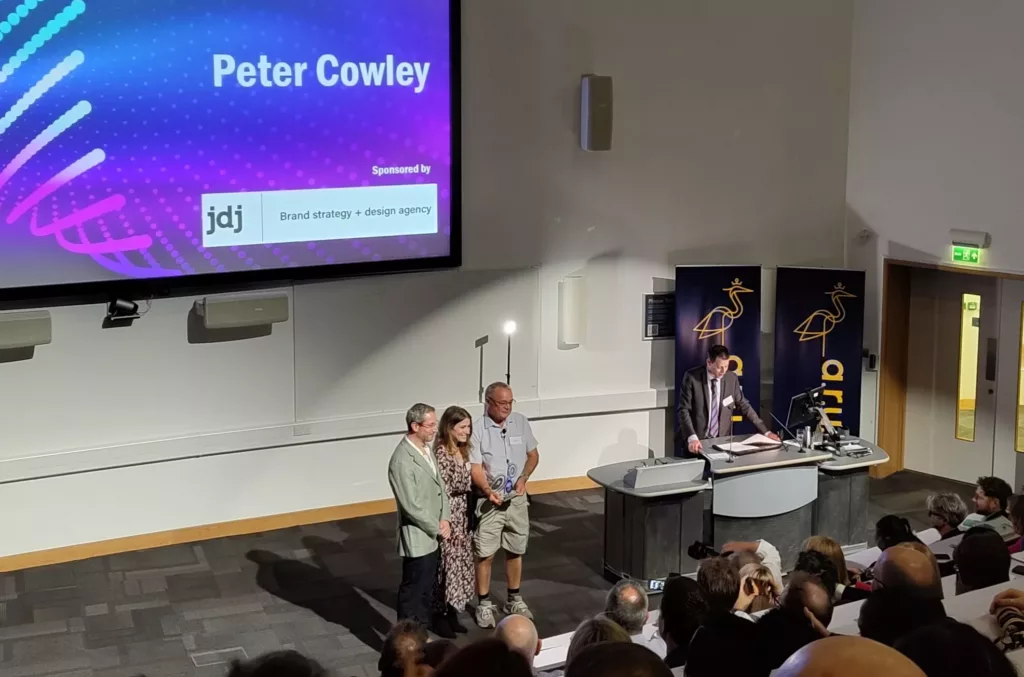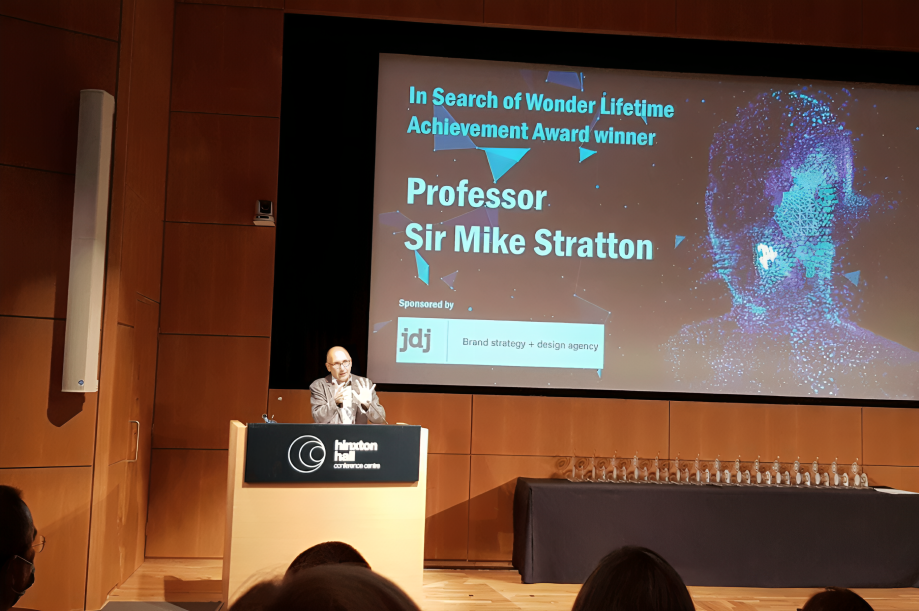Company Profile
Hide Biotech is a Cambridge-based fast-growing startup developing disruptive sustainable biomaterials inspired by leather.
- Date Formed: 2019
- No. of Employees: 6
- Website: hidebiotech.com
- Address: Bio-Innovation Centre, 25 Cambridge Science Park Rd, Cambridge CB4 0FW

In Summary…
Fashion is one of the most polluting industries in the world. Responsible for 10% of global greenhouse gas emissions, the processes involved in the production of our clothing are a threat to the future of the planet.
Hide Biotech believes in a different way.
Developers of sustainable biomaterials inspired by leather, Hide has a very simple mission:
[To be] dedicated to revolutionary technology advancement in finding and building ever more sustainable biomaterials without any compromises on quality or price.


Saving our hides
As I sit at my desk contemplating how to pen this piece about the use of leather in the fashion industry, I look down at the large amounts of the material sitting so comfortably upon my person. From the watch strap adorning my left wrist to the belt around my waist and the brogues on my feet, it’s fair to say the appearance of leather is de rigueur in my office wardrobe. Around me, my messenger bag holds my leather-bound notebook – a third-year anniversary gift from my wife – while a leather desk chair supports my body.
One of humankind’s earliest discoveries, man has been wearing animal hides for warmth since prehistoric times. But its use is far more than mere function. Back in ancient Greece, the locals loved their leather sandals, so much so they’re still worn by surviving depictions of the gods today. Later, Romans would use advanced techniques to develop their armour. Tall leather boots still remind us of lasso-spinning cowboys from the westerns, while the bomber jacket is as cool in the ’20s as it was warming for pilots during both world wars.
All of which paint leather in a pretty positive light. And it is undoubtedly a beautiful material. But, given what we now know of the negative impacts of leather production on the environment, is it not the time to switch to more sustainable alternatives?
Enter Susannah Evans and Yudi Ding, co-founders of biotech startup, Hide Biotech.
Using sustainable material from extracted marine collagen (that’s fishing industry waste to you or me) Hide has developed a leather alternative that feels like the real thing. Only, their ‘leather’ saves up to 10 times the water consumption of traditional processes and reduces greenhouse gas emissions by up to 90%.
Non-plastic and non-polluting, this collagen-based leather substitute is sustainable and highly scalable. In short, it’s a real game-changer.









